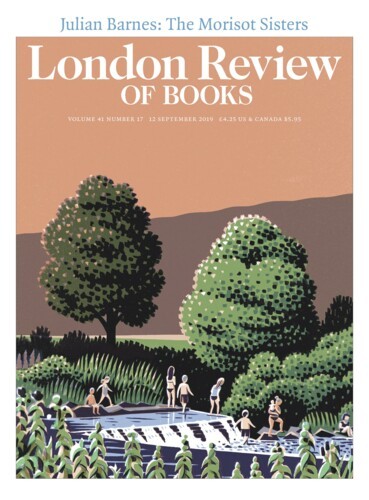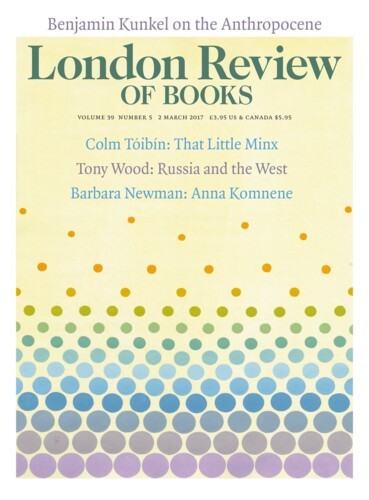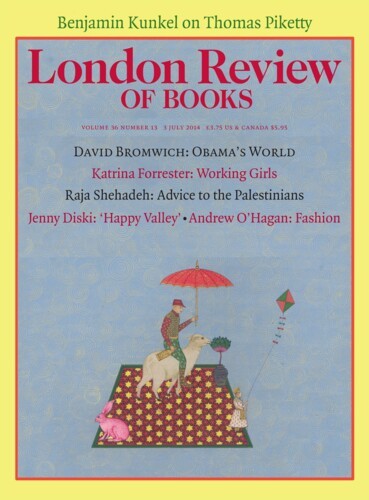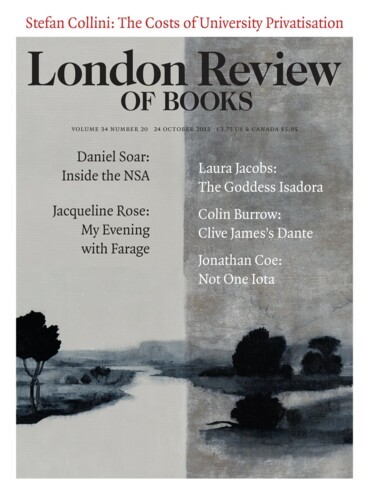Born in Glenwood Springs and raised outside Eagle, I grew up on the western slope of Colorado, where guns were from the beginning just a part of life. Before I can remember my father shot with a .22 rifle at the packrats who would invade the cabin up Salt Creek. Sometimes he did this to amuse guests. In an early memory of my own, there’s a fatally wounded mule deer buck in the field of sagebrush below the cabin, and my father goes down there with a rifle to put the creature out of its misery. Not that guns were a large part of my family’s life, by local standards. Other boys went elk hunting with their fathers at a time of year when my family and I merely put on bright orange clothing to go hiking in the woods. All I ever did with a gun myself was shoot at some paper targets my dad had tacked to a tree, or, later, pick off ground squirrels venturing from their burrows up Eby Creek, so that the horses wouldn’t step in the holes the squirrels had dug and break a leg.
Benjamin Kunkel
Benjamin Kunkel co-founded the journal n+1 and is a member of NLR’s editorial committee. His books include a novel, Indecision, and Utopia or Bust: A Guide to the Present Crisis.
Short Cuts: The Amazon Burning
Benjamin Kunkel, 12 September 2019
He who laughs hasn’t heard the news, Brecht wrote, probably in 1939. Eighty years later, the words could serve as the motto of the eco-tourist, to be pronounced in sardonic tones of knowing guilt. Having suppressed your flugsham (‘flying shame’) – the Swedish coinage alludes to the unconscionable quantities of carbon that each passenger on a long-distance flight is...
The Capitalocene: The Anthropocene
Benjamin Kunkel, 2 March 2017
The outsized role of human societies in determining the complexion of earthly existence will persist long after the capitalist mode of production has expired. Ecologically, you might say, the Anthropocene is here to stay, but just how it unfolds over coming generations will be decided by whether, politically, it remains the Capitalocene (‘privileging the endless accumulation of capital’, as Jason Moore puts it) or becomes for the first time a properly political Anthropocene, in which the interests of humanity as a whole chart our ecological course.
Paupers and Richlings: Piketty’s ‘Capital’
Benjamin Kunkel, 3 July 2014
Capitalist societies today exhibit ‘an arbitrary and inequitable distribution of wealth and incomes’ as bad as or worse than in the 1930s, when Keynes declared this one of ‘the outstanding faults of the economic society in which we live’. (The other – not unrelated – was the failure to achieve full employment.) Thomas Piketty’s Capital in the 21st Century is an intelligent, ambitious and above all informative treatment of the problem. This accounts for much of the unusual excitement surrounding a lengthy, often dry economic tract. But there’s something else to the ‘Piketty bubble’.
The Basic Couple: Norman Rush
Benjamin Kunkel, 24 October 2013
When Virginia Woolf said of Middlemarch that it was among the few English novels ‘for grown-up people’, she didn’t explain what she meant. It’s clear that the novel looks back critically (and forgivingly) at the moral youthfulness that lands Dorothea in a marriage to an older man whose scholarly seriousness is uncompromised by wit or sexual charm; but Woolf seems to...
Pieces about Benjamin Kunkel in the LRB
Pfired! Benjamin Kunkel
Daniel Soar, 5 January 2006
When in doubt, toss a coin. If you really can’t decide which alternative is preferable, if everything seems equal and you don’t care a damn, it can’t matter what you settle on....
Read anywhere with the London Review of Books app, available now from the App Store for Apple devices, Google Play for Android devices and Amazon for your Kindle Fire.
Sign up to our newsletter
For highlights from the latest issue, our archive and the blog, as well as news, events and exclusive promotions.





